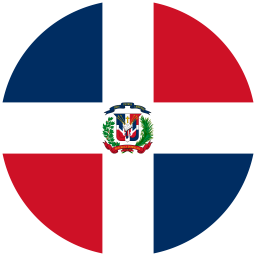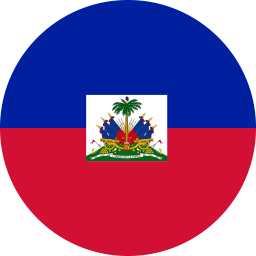Educational Capacity Development Platform for Disaster Risk Management

About the
project
The Caribbean subregion is exceptionally vulnerable to the impacts of extreme weather phenomena such as tropical storms and hurricanes. The Ranfó-Karayib project (which in Creole means "Strengthening the Caribbean) is funded by the Government of Japan and implemented by UNESCO. It aims to raise awareness among communities and individuals for a better understanding of natural risks and adopt appropriate preventive and migratory measures in advance of hurricanes.
To this means, this platform has been created and includes various free and publicly accessible educational products.
Objectives
Promoting evidence-based planning.
Supporting bottom-up collaboration by including marginalized communities.
Embedding gender issues, youth, and the elderly as priority groups.
Improve communication and outreach
Develop tools and abilities to strengthen resilience
Methodology
Thoughout the framework of this project, the following working methodology has been implemented:
- State of Knowledge: review of public policies of the insular Caribbean countries participating in the project.
- Participatory Activities: missions were carried out within the participating countries to identify the current situation on the ground regarding disaster risk management. New lines of dialogue were opened with governmental authorities, communities, and local actors.
- Identification of Training Opportunities in Education and Communication: actions were taken in collaboration with the authorities of the countries to increase resilience in their communities.
- Development and Dissemination of Educational Products: to be carried out throughout the year 2024.
Components
Massive Open Online Course (MOOC)
Coming soon
Webinars series
Other complementary resources
Webinar series
WEBCAST
Introduction to Ranfó Karayib Educational Capacity Development Platform for Disaster Risk Management by Dr. Allan Lavell.
WEBINAR 1
HOME SAFETY
Preparation, Response, and Recovery
In this webinar, you will learn about:
- Early Warning Systems and their connection with the community
- Key steps to be prepared for an emergency.
- Experiences from the Insular Caribbean on the subject.
Presentations:
Warnings and alerts | Preparing my self-protection
WEBINAR 2
PSYCHOLOGICAL SUPOORT DURING EMERGENCIES:
Tools for Addressing the Psychological Impact on Individuals in My Community
In this webinar, you will learn about disasters from a psychological perspective. You will gain insights into how to address the psychological manifestations of individuals affected by a disaster and receive clear tools on what to do and what not to do during an emergency.
Presentations:
How to address psychological manifestations | Disasters from a psychological perspective
WEBINAR 3
DISASTER RISK MANAGEMENT FROM A GENDER PERSPECTIVE: PROTOCOLS
This webinar provides you with basic concepts of the gender, human rights and intersectionality approach applicable to Disaster Risk Management tasks. You will be able to identify conditions of differentiated vulnerability that accentuate the risks of disasters, and you will learn about good practices that consider the different capacities of vulnerable groups.
WEBINAR 4
DISINFORMATION AND FAKE NEWS DURING EMERGENCIES
How to mitigate their impact
The term “fake news” is associated with the dissemination of erroneous or inaccurate information that generates a dangerous cycle of misinformation. In emergency management, this misinformation causes confusion and represents a threat to public safety. This webinar provides tools to mitigate the impact of fake news in times of crisis for both individuals in the community and institutions working in emergency response.
Presentations:
Recommendations | Understanding fake news
WEBINAR 5
INCLUSION, PROTECTION AND CARE OF PEOPLE WITH DISABILITIES DURING EMERGENCIES
People with disabilities are among the groups most often at risk or disproportionately affected in disaster, emergency and conflict situations due to various factors including exclusion, lack of knowledge, disruption of social support networks and physical barriers. This webinar shares different standards for the inclusion, protection and care of people with disabilities during emergencies and disasters, and shares good practices at the community level to serve this population.
Presentations and docs:
Strategies | Norms for inclusion | PDF material | CIF | ICF







